This summer, many individuals will encounter a range of ant species, each with distinct characteristics and behaviors. The most common types include the carpenter ant, fire ant, and odorous house ant. Recognizing these species is the first step in preventing an invasion in your home or camp.
Unlike bed bugs, ants aren’t looking specifically to bite you, but bite you nonetheless they shall if the circumstances are right. Because they are fearless explorers, it doesn’t take much for a long line of ants to deem your body as an acceptable land bridge for getting to another destination.
Upon feeling the sensation and moving or squirming, you are bound to trigger the bites of several angry ants. This is why it’s best to avoid them to begin with. Let’s take a closer look.
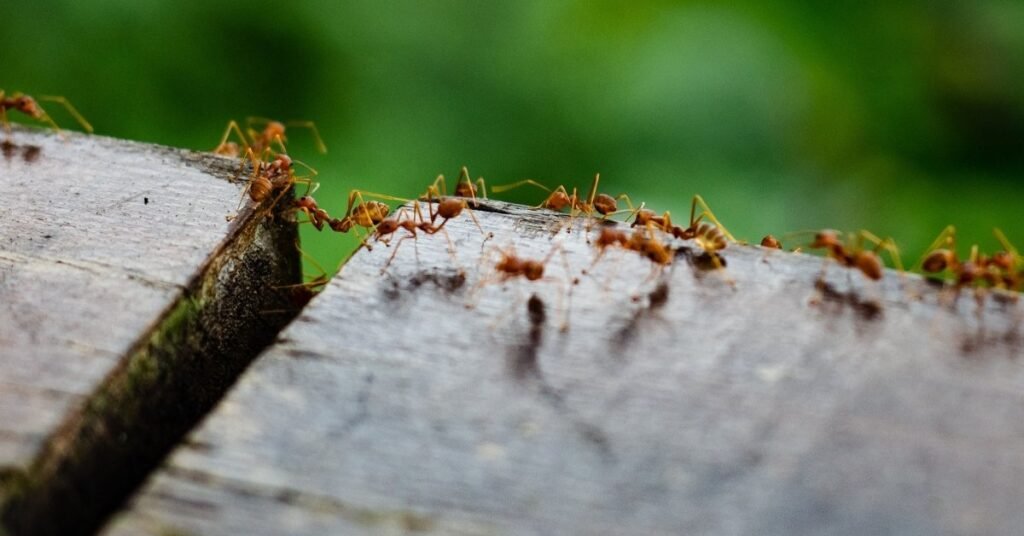
Ants You Can Expect to See This Summer
Carpenter ants are notorious for their ability to cause structural damage to wooden structures. They build their nests in moist or decaying wood, which makes them a considerable concern for homeowners.
Fire ants, on the other hand, are aggressive and have a painful sting, making encounters with them particularly unpleasant. They usually live in mounds or nests that protrude from the ground.
Indoor house ants are small and often go unnoticed until they establish a significant presence. They may hide behind the walls or in the ground under your home, making it more difficult to determine their exact position.
Pavement ants are the typical small ants you find on the ground and around the house outside.
The Solution to Summer Ants
The best solution is prevention when it comes to unwelcome guests and aggravating ant infestations. If it’s just a few ants or a trail of ants in your home from time to time exploring for food, you can eliminate them relatively easily.
Big infestations, however, will often call for more drastic measures. Many people will involuntarily become experts themselves by the time they’ve finally learned how to get rid of invasive ants.
Video of Natural Bed Bug Spray Stopping Ants in a Garden
Here’s a few photos of Defensive End! BLITZ used on ants that were climbing and swarming the insect netting that covers a raised bed garden. 10 minutes later and the only thing they’re pushing up is daisies.
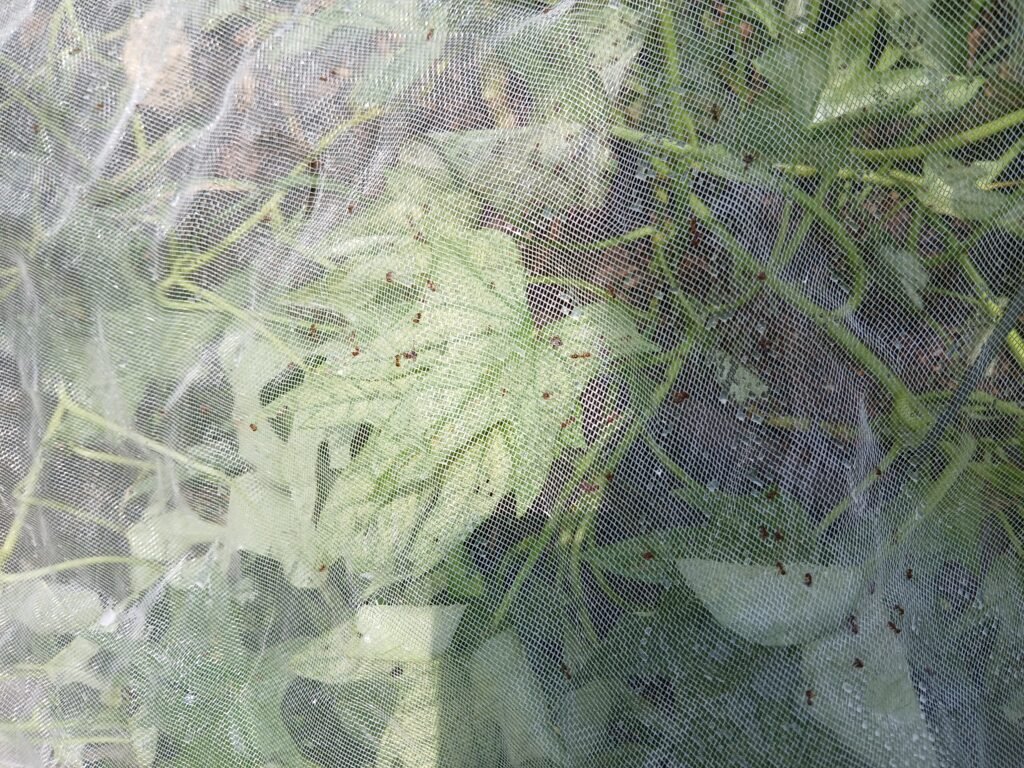
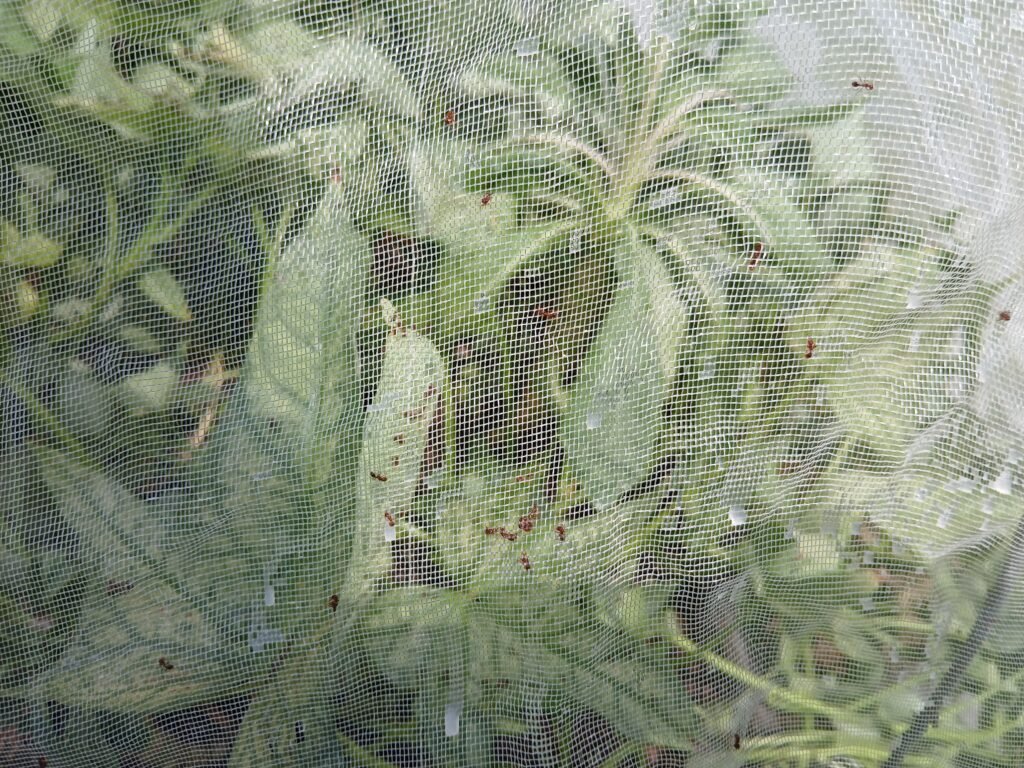
Different Ant Bites Are Different Too
Ants both bite and sting, believe it or not.
The fire ant uses its mandibles to bite into and hold onto its target, then injects venom from a stinger located at the base of its abdomen. They’re so small you don’t notice usually unless the performance is viewed under a magnified lens.
Fire ant venom is unique among ants because its primary component is not a protein-based toxin but a class of alkaloids called solenopsins. This fundamental chemical difference is responsible for the distinct burning sensation and the characteristic pustule that forms after a sting.
The venom of most other ant species, such as the bullet ant, is primarily made of protein toxins and peptides. For example, the bullet ant’s venom contains a neurotoxin peptide called poneratoxin, which causes intense and long-lasting pain by acting on the nervous system. While other ants also contain some alkaloids, they are not the main component.
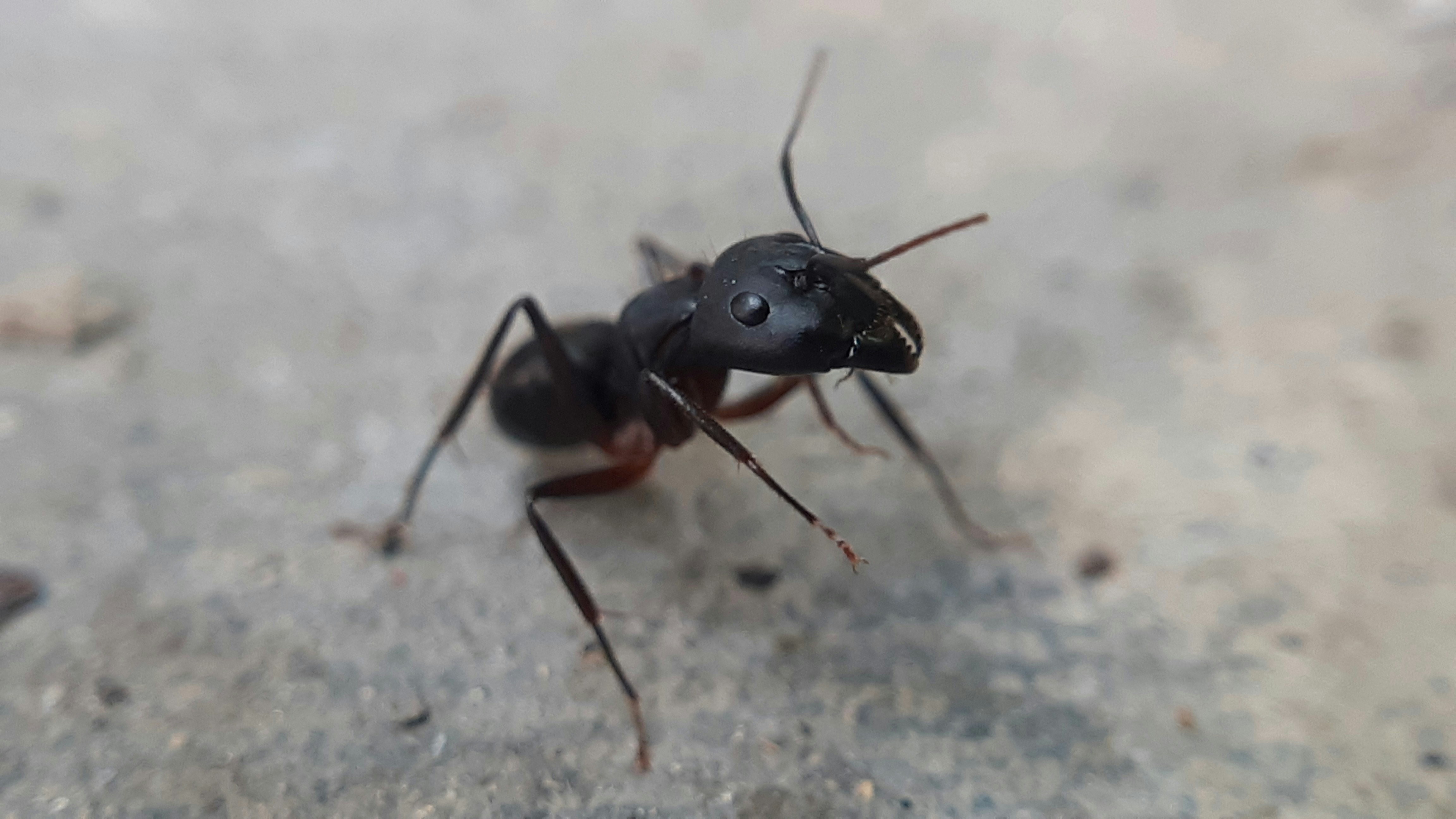
Effects on the Body
The difference in chemical makeup leads to very different reactions in a person who is bit or stung.
- Fire Ant Stings: The solenopsins cause immediate, localized pain and a “fiery” sensation. The venom’s cell-killing properties lead to the signature white pustule. In rare cases, some people can have a severe allergic reaction (anaphylaxis) to the trace amounts of protein allergens in the venom.
- Other Ant Stings: The protein-based venoms of other ants often cause intense, sharp, and sometimes long-lasting pain due to their neurotoxic effects. They typically do not cause the same type of pustule that fire ant stings do, though they can result in swelling and redness.
Effective Ant Prevention Strategies
The way in which you deal with ants may differ by location. For instance, you might have one approach for removing ants in your garden versus eliminating a few that sneak into your kitchen at night through your cupboard.
To prevent an ant invasion, it is crucial to maintain a clean living environment both indoors and outdoors. Here are several strategies to help you deter these pests:
Seal Entry Points: Inspect your home for cracks or openings in walls, foundations, and around windows or doors. Sealing these entry points will help keep ants from entering your living space.
Eliminate Food Sources: Ants are attracted to food. Ensure all food items are stored in airtight containers, and promptly clean up any spills or crumbs.
Manage Outdoor Conditions: Keep your outdoor spaces tidy. Trim back any vegetation near the home and manage moisture around foundations to discourage ants from nesting nearby.
Utilize Natural Deterrents: Consider using natural repellents like diatomaceous earth, vinegar, or essential oils which may disrupt ant trails and discourage them from returning.
By taking these preventive measures, you can significantly reduce the likelihood of encountering unwelcome ant guests this summer. Awareness and proactive strategies will help you enjoy the great outdoors or the comforts of home without the worry of pest invasions.
Understanding common pests like fire ants and carpenter ants is a great way to protect your home. For a deep dive into another common home invader, read our ultimate guide to bed bug identification and treatment.

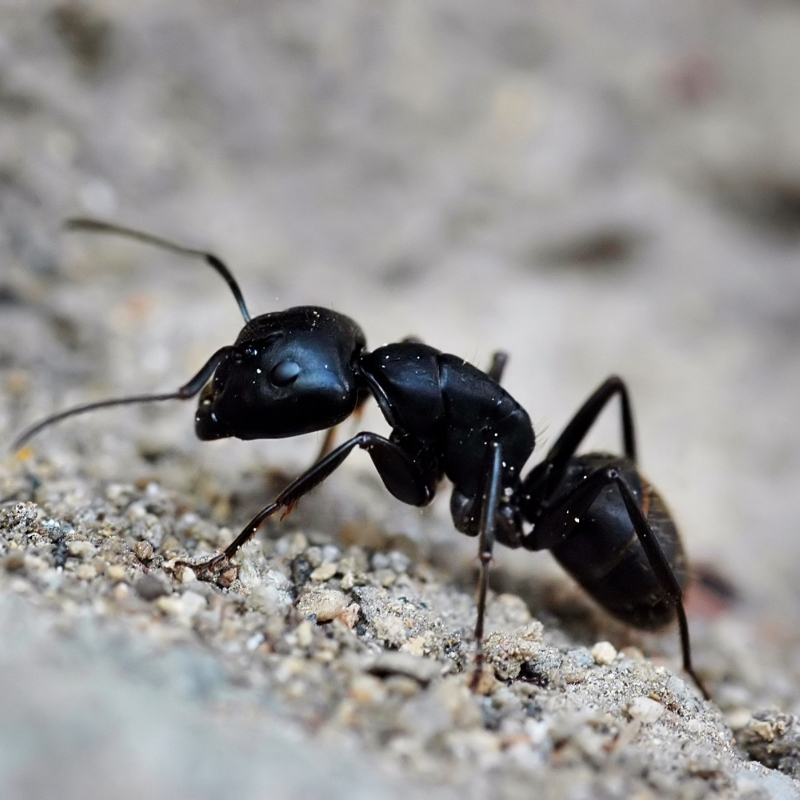

Leave a Reply